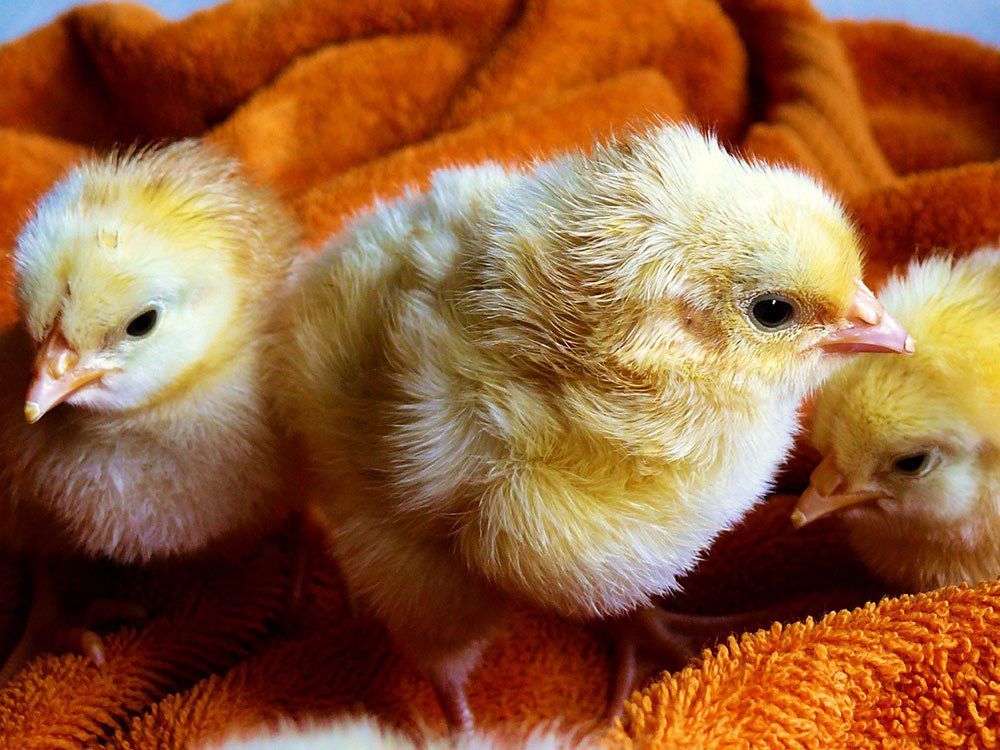COVID-19 pushes sales of baby chicks through the roof
Published 4:00 pm Saturday, April 11, 2020

- Bob's Biddies | Submitted PhotoRay City-area hatchery Bob's Biddies sales of baby chicks have nearly doubled with the onset of the COVID-19 pandemic as buyers try to secure a food source.
VALDOSTA — Amanda Moore and her husband knew what to do as soon as the COVID-19 coronavirus reared its ugly head: they bought baby chickens.
“About three weeks ago we bought 13 chicks,” she said. “We just wanted to ensure a food source.”
With the pandemic in full swing, the sale of baby chicks has skyrocketed, and not because Easter is around the corner.
“Boy, have sales increased,” said Bob Berry of Bob’s Biddies, a poultry hatchery located near Ray City. “Starting about two weeks ago, we were bombarded with emails.”
Berry and his wife, Diane, have raised chicks for sale for 15 years. He said the upswing in sales was caused by concerns that supermarkets would run out of meat and eggs.
In a normal business week, Bob’s Biddies would ship about 3,000 day-old chicks.
“Last week, it was between 5,000-5,500,” Berry said.
The story is the same at Tractor Supply in Valdosta. Brian Payne, store manager, said during a normal week, the store takes orders for about 500 chicks, but 1,000 a week is the new normal.
“Never in my 47 years have I seen anything like this,” he said.
Sales are also up for chicken pens and feed, he said.
Payne and Berry agreed that most of the customers are not first-time buyers but repeat customers who know how to raise chickens.
“Most of our customers are from other states,” Berry said.
Many of the new buyers are simply looking for a new source of chicks now that their regular suppliers have run out, he said.
It takes the chicks six to seven weeks to mature, and customers need to be ready to slaughter their own birds because Georgia regulations make it difficult for hatcheries to do it, Berry said.
Moore is one of those people who knows how to take care of chickens. She and her husband grew up on farms, and she learned a lot about poultry from her grandfather.
“You have to have a heat source to keep the chicks warm at night,” she said, “and you have to make sure to close up any holes in the pens to keep oak snakes out.”
The Moores have also planted vegetables to help see them through any difficulties, she said.
“We’re trying to feed a large family,” she said.




